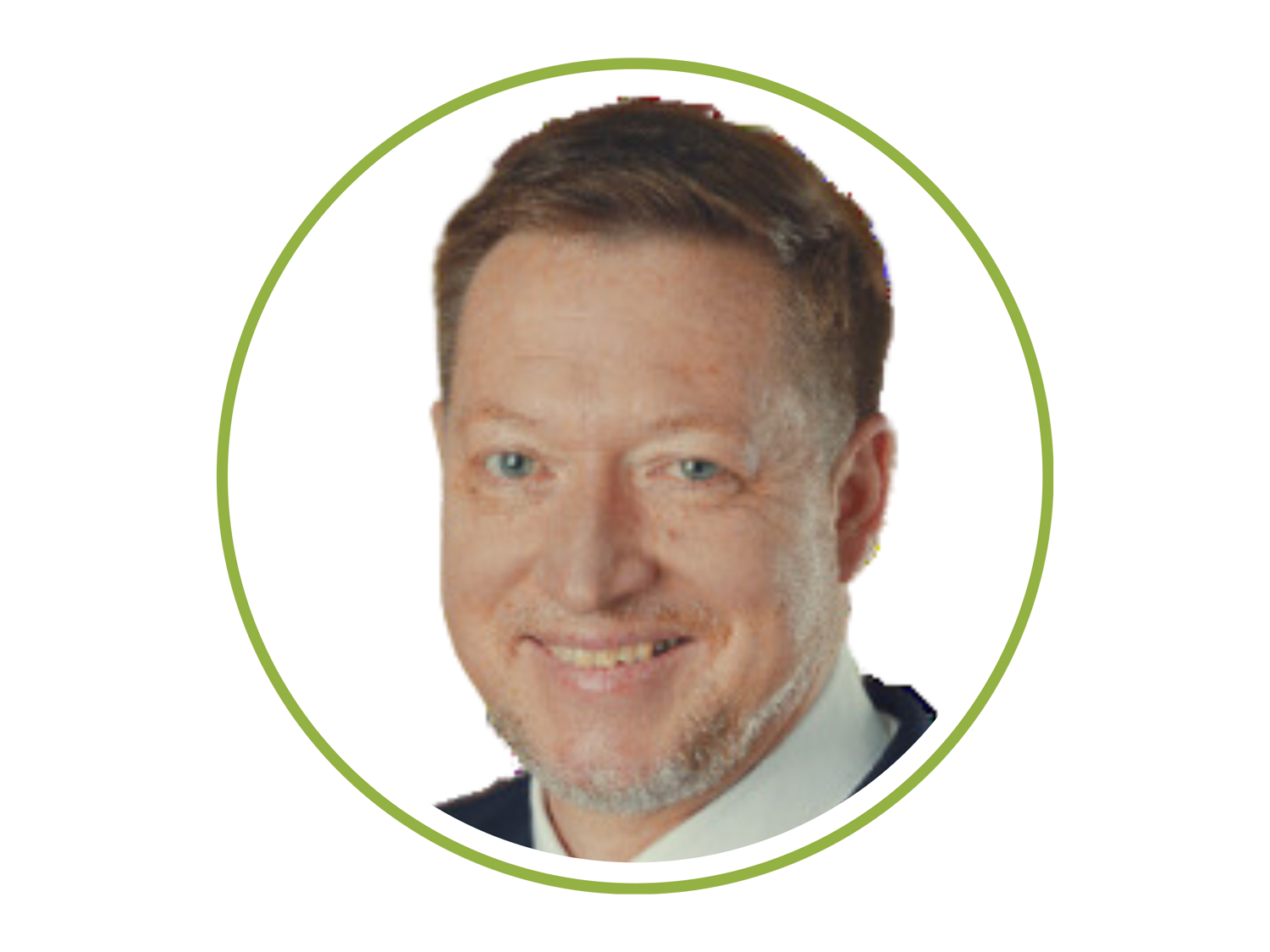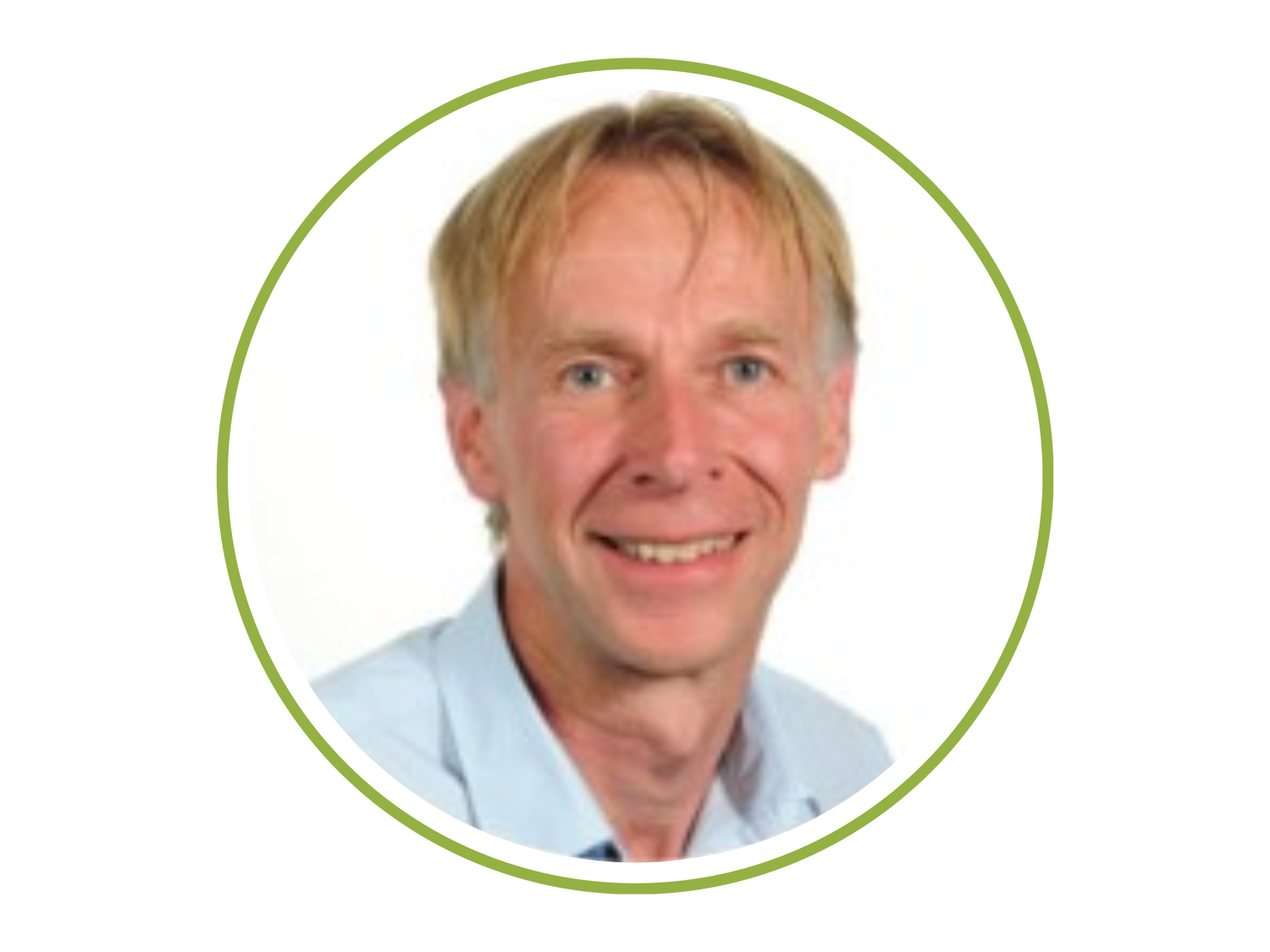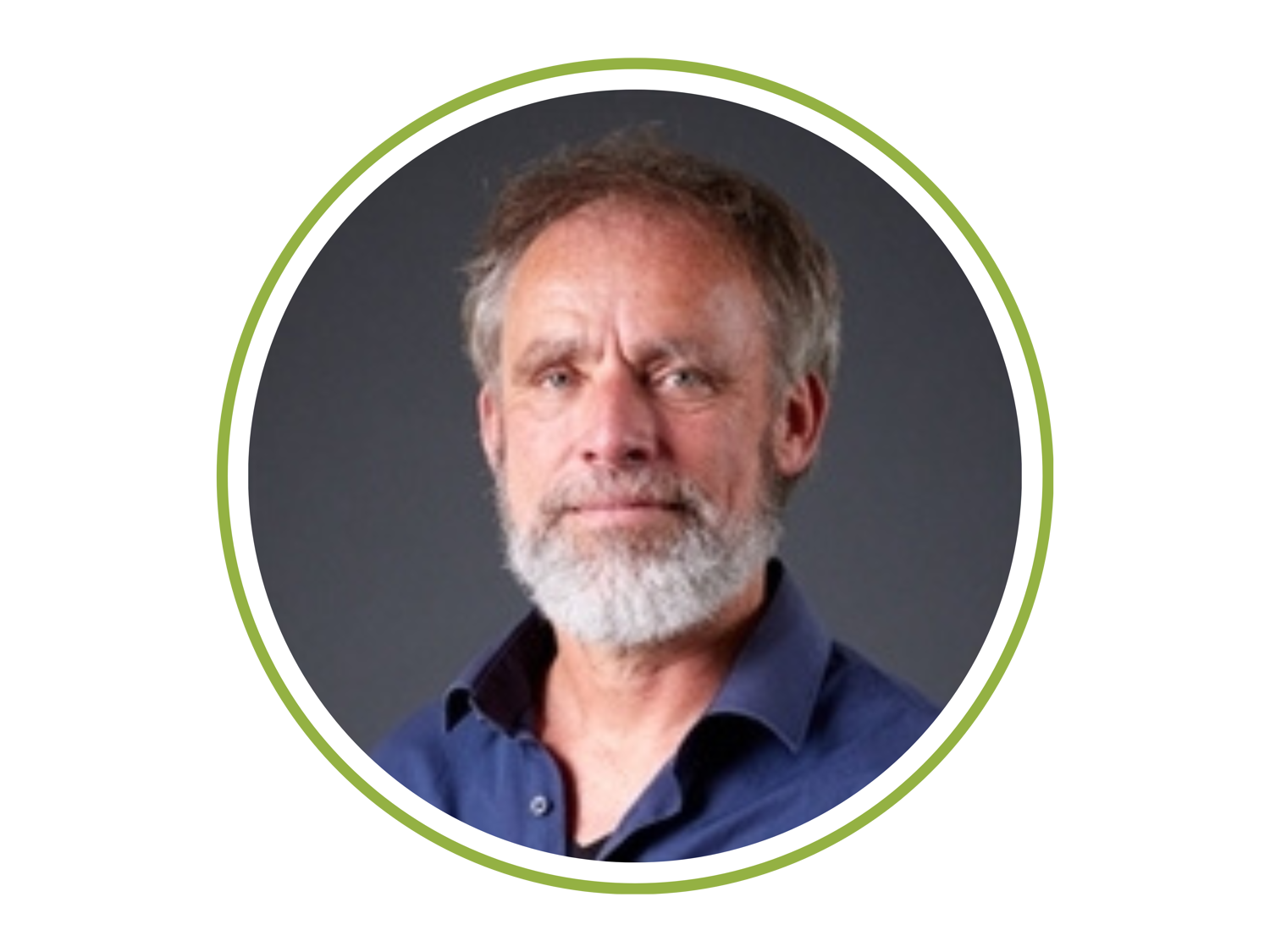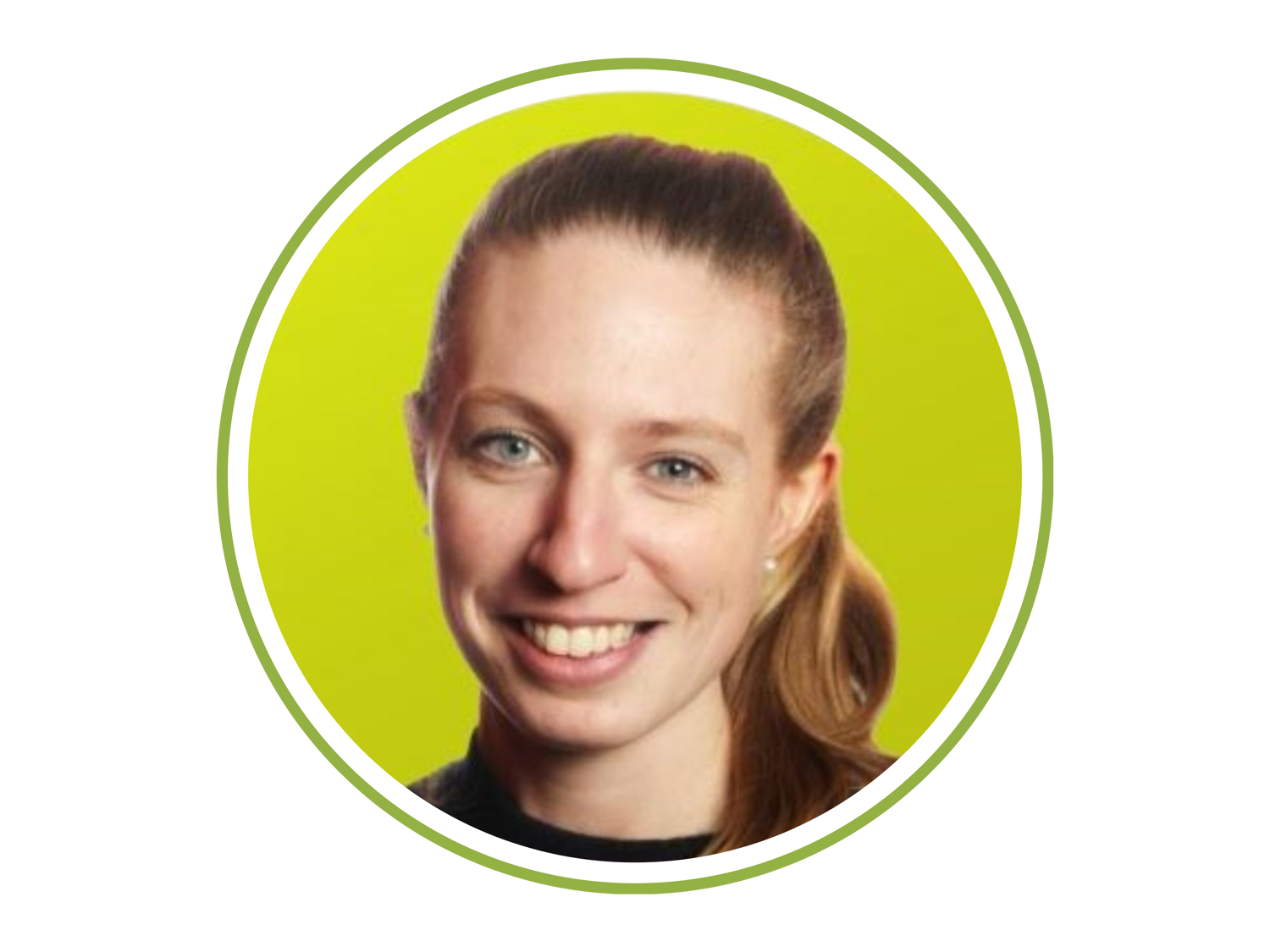Balancing Nutrition and Sustainability
Strategies for the Future of Dairy
In this session, our speakers addressed new insights in:
- Global advantages in dairy sustainability - Driving change across the value chain
- Functional Ingredients for Sustainable dairy production: challenges and developments
- Methane-busting diets: Feeding cattle for more sustainable future
- Smart dairy nutrition to reduce nitrogen and phosphorus excretion: Insights from the Netherlands
- A holistic approach to sustainability from calf to fifth lactation
Speakers

Brian Lindsay operates a global consultancy business bridging the gap between food companies and farming in a quest for mutually beneficial approaches to achieving sustainable food systems. Brian is Director for the Dairy Sustainability Framework, which covers 30% of global milk production and allows members to adapt their sustainability programs to suit local needs and priorities. Brian Lindsay is also Global Dairy Platform’s Lead for Sustainability. This involves reviewing new science, responding to global food industry and political consultations. Brian is also currently a Board member of the Dairy Asia initiative. Dairy Asia brings 14 Asian Countries together to collaborate on sustainable dairy production challenges. Brian is currently coordinating several global and sectoral initiatives on methane quantification, Carbon Sequestration, and dairy sector carbon footprinting. Brian is regularly asked to speak and facilitate industry meetings and conferences on sustainability and livestock agriculture.
Dr. Coen Smits studied animal nutrition at Wageningen University and subsequently took up his first position as a researcher at the De Schothorst Institute for Animal Nutrition. During this period he conducted his PhD research into the effects of feed viscosity on fat digestion in broilers. Dr. Smits subsequently held various research positions at Trouw Nutrition in the field of pig and poultry nutrition and the development of functional ingredients, where the impact on animal health and the environment was often central. He has led various Research & Development (R&D) consortia in which multidisciplinary collaboration took place between research groups focused on animal nutrition and human nutrition. Nowadays, Smits is committed to Wageningen University Sustainability Program, focusing on making livestock farming more sustainable.


Dr. Jan Dijkstra is a professor and researcher at the Wageningen University, The Netherlands and an Adjunct Professor at the Department of Animal and Poultry Science, University of Guelph, Canada. Prof Dijkstra’s primary research interest is in modelling digestive and metabolic processes in farm animals, particularly dairy cattle, focusing mainly on challenges in dairy cattle production aiming for healthy animals producing milk at low environmental costs and improving financial profit. He has been involved in the development, dynamic mechanistic models suitable for application in the dairy industry or suitable in support of experimental research programs as research models. Jan’s research has shown the importance of the interplay between modelling and experimental research. In the past decade he is increasingly involved and lead projects on experimental research into nutritional physiology of dairy cattle. In the past 5 years, he has attracted (as leader or co-leader) major grants totaling over €10 million, involving 10 PhD students and 2 postdoctoral researchers.
Dr. Liz Homer studied BSc Animal Science at the University of Nottingham and went on to complete a PhD in Dairy Cow Physiology and Fertility. After being awarded her PhD she then worked as a post doctoral scientist for a couple of years focusing on oestrous detection and expression, dairy cow nutrition trials, and assisting in trials focusing on the rumen microbiome and methane reduction. She joined Trouw Nutrition GB in 2015 as Ruminant Technical Development Manager focusing on linking R&D with practical, applicable solutions for use at customer and farm level. Liz has been instrumental in the development and application of many R&D projects, most notably the NutriOpt Dairy Model and NutriOpt solutions. Liz's main focus is now on sustainability where she leads the European team in driving and implementing our sustainability strategy for ruminants. This encompasses looking internally at our at processes, how we can support customers at their sites to become more sustainable and most exciting how we apply solutions to become more efficient at farm level to reduce environmental footprint.
